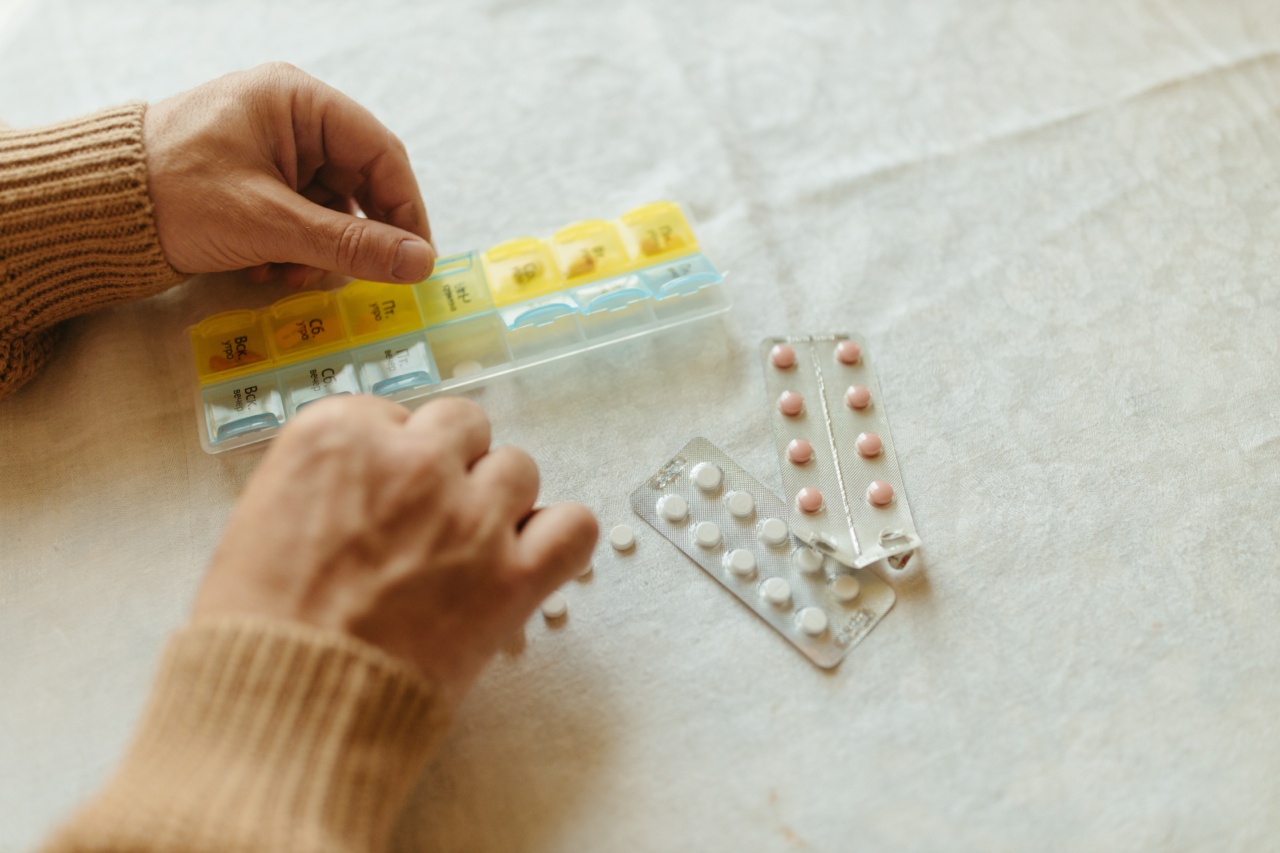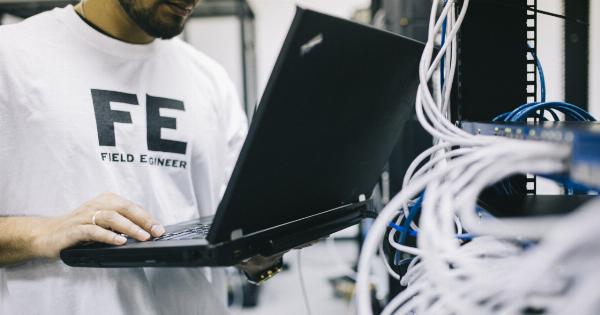Technology constantly evolves – even tablets. While the device itself doesn’t necessarily put on weight, the data, apps and files you accumulate over time can cause your once-cheery tablet to slow down and become less efficient.
The more your tablet is loaded with content, the harder it has to work, leading to slower performance and reduced battery life.
The Problem with Unneeded Files and Apps
It starts with something simple: you download an app here, save a file or two there. Before you know it, your tablet is packed with data that you haven’t accessed in months, if ever.
This accumulative storage causes your tablet to slow down, and can even affect app and data processing.
To solve the problem, clean out your tablet regularly. Evaluate the apps you use and the documents you store. Get rid of the ones you no longer need. Once you’ve cleared out the clutter, you may notice an immediate improvement in your device’s performance.
Limitations of Storage Space
Many tablets have insufficient storage space, and manufacturers often mislabel the available space to make it seem like you have more than you actually do.
This is why you might see yourself running out of space quickly, even if you haven’t added many apps or files.
To combat this, consider investing in a cloud service. This will allow you to upload your files and data to a secure server, making it easily accessible from any device.
You can also store your information on an external hard drive, providing additional space for your tablet if needed.
Unresponsive Touchscreens
Unresponsive touchscreens are a common problem with tablets. If you find yourself having to tap your screen multiple times to get it to respond, or if it’s simply not responding at all, you might have a problem with your settings.
Try adjusting your touchscreen’s sensitivity. This is usually found under “Settings” or “Display and Sound Preferences”. You might also try rebooting your tablet, or doing a soft reset.
Overworked Battery
The more content you have stored on your tablet, the harder its battery has to work to keep it running. Your tablet’s battery life may also be affected by settings such as display brightness, Wi-Fi, Bluetooth and GPS.
Manufacturers typically claim a battery life of about 10 hours, but this could be less depending on your usage habits and the age of your device.
To help improve your battery performance, there are a few steps you can take. You might dim your screen brightness, turn off Bluetooth and Wi-Fi when you’re not using them, and avoid running multiple apps at once.
You could also invest in a power bank or a portable charger, which would give you extra battery life when you need it on the go.
Conclusion
Whether you’re an avid tablet user or simply someone who carries one around for convenience, it’s important to keep your device maintained.
By regularly cleaning out unneeded files and apps, being aware of storage constraints, adjusting touchscreen settings and managing your battery life, you can extend the life of your device and maximize its usability. With a little effort, your tablet will remain an essential and efficient tool in your technological arsenal.






























